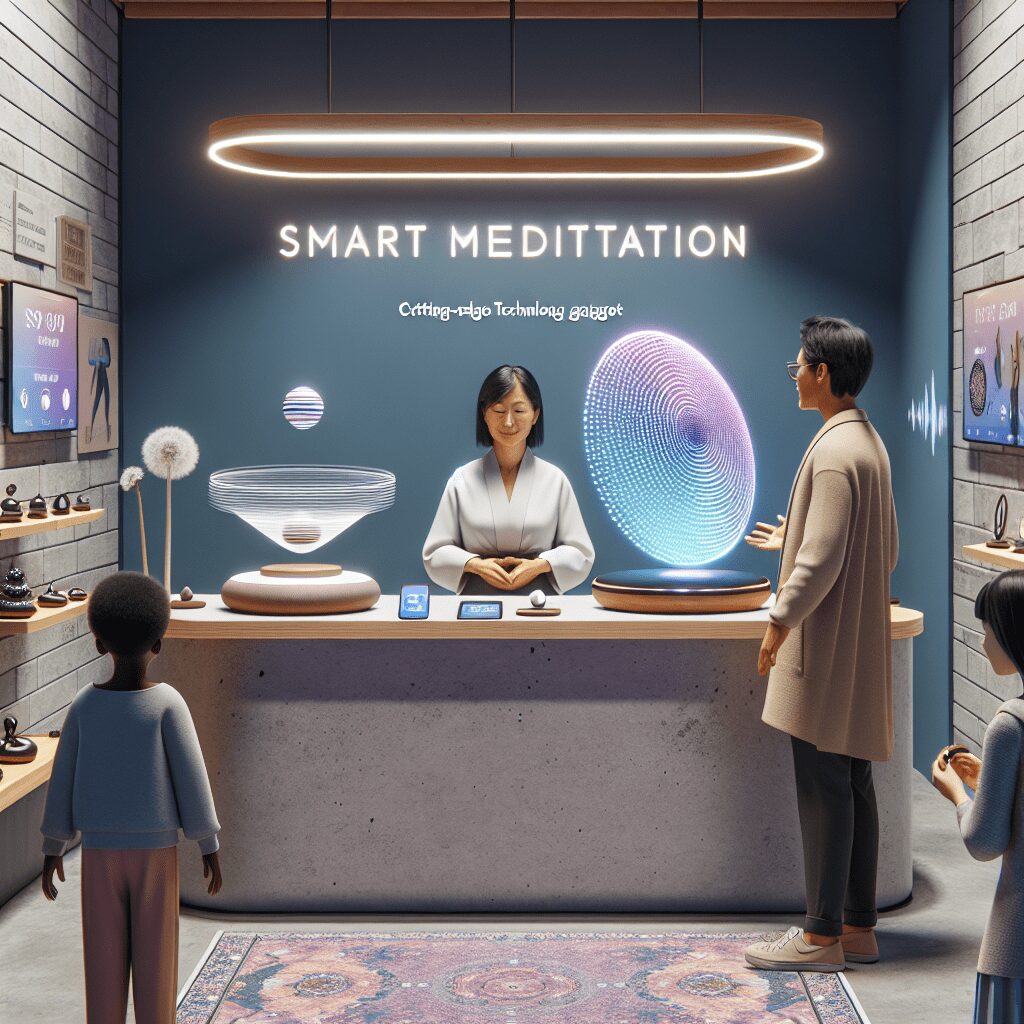
Prioritize your mental well-being daily. Enhance your life by nurturing your mental health with the Smart Meditation app. Break free from stress, alleviate anxiety, and enhance your sleep quality starting today.
What Is The Most Effective Antidepressant?
Navigating the Maze of Antidepressants
In the quest to lift the heavy fog of depression, the question that often emerges, blinking brightly like a neon sign in the dark, is: what is the most effective antidepressant? Now, buckle up, because the answer isn’t as straightforward as one might hope. The realm of antidepressants is as diverse as the individuals they aim to help, with different strokes for different folks being the guiding principle.
The Personalized Nature of Treatment
First off, let’s dispel a common myth – there isn’t a one-size-fits-all magic pill in the world of antidepressants. What works like a charm for Joe could be utterly ineffective for Jane, and vice versa. It’s a bit like finding a needle in a haystack, except the needle’s identity changes depending on who’s searching for it.
Doctors typically start this therapeutic treasure hunt with SSRIs (Selective Serotonin Reuptake Inhibitors). Medications like sertraline (Zoloft), fluoxetine (Prozac), and citalopram (Celexa) are the usual suspects. They’re the equivalent of dipping your toes in the antidepressant pool – effective for many, well-tolerated, and with fewer side effects than their pharmaceutical cousins. Yet, for some folks, SSRIs are just the appetizer in a multi-course meal.
When SSRIs don’t do the trick, enter SNRIs (Serotonin and Norepinephrine Reuptake Inhibitors), with venlafaxine (Effexor) and duloxetine (Cymbalta) leading the charge. Think of them as SSRIs’ more complex siblings, aiming to tweak additional brain chemicals to strike the right balance.
But here’s the kicker – efficacy isn’t just about flipping the right chemical switches. It’s about fitting the treatment to the patient’s unique puzzle of symptoms, genetics, and side effect tolerance. That’s where the artistry of psychiatry comes to play.
The Role of Genetics and Personal Responses
It wouldn’t be a foray into the antidepressant jungle without mentioning genetic predispositions. Yep, your DNA holds clues on how you might metabolize certain medications, making some antidepressants more effective or tolerable than others. Pharmacogenomic tests can take some of the guesswork out of the equation, serving as a roadmap in the often winding path to recovery.
Furthermore, the most effective antidepressant is the one you stick with. Adherence is key. If the side effects have you watching the clock until your next dose with the enthusiasm of awaiting a root canal, it’s probably not the right match. It’s about finding that sweet spot where the benefits outweigh the inconveniences.
So, What’s the Bottom Line?
In the grand scheme of things, the “most effective” antidepressant is a deeply personal affair. It’s a match made in medical heaven between a patient’s unique profile and the drug’s chemical composition. The journey to find it can be fraught with trial and error, but with patience, open dialogue with your healthcare provider, and perhaps a bit of genetic insight, that golden ticket can be found.
Remember, conquering depression is a marathon, not a sprint. It requires patience, tenacity, and oftentimes a bit of creativity in treatment approaches. Whether it’s SSRIs, SNRIs, or perhaps a combination approach, the quest for relief is a testament to the human spirit’s resilience. So, keep the faith; your perfect antidepressant match is out there.




